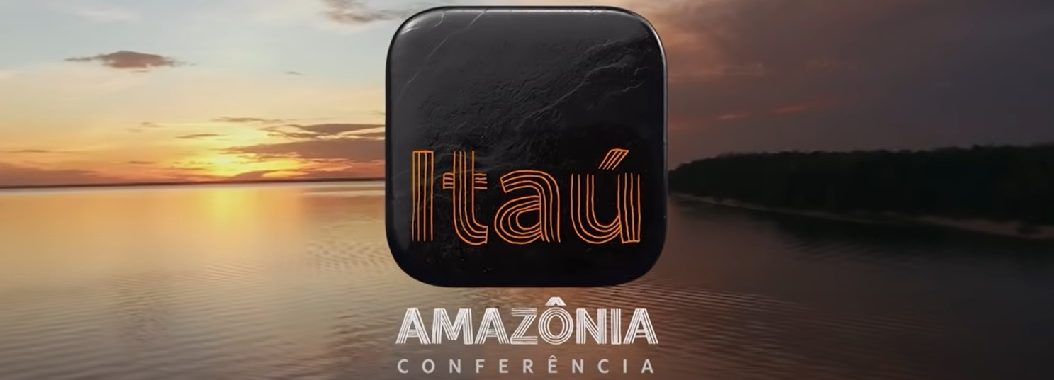Aegea, one of the largest private sanitation companies in the country, was one of the participants and supporters of the 1st Amazon Conference, organized by Itaú and which took place virtually on December 7, 8 and 9. The objective is to raise funds for sustainable development projects in the Forest.
“Created with the aim of promoting relevant themes and debates on issues related to the Amazon region, the event will also have an important socio-environmental function by raising funds for forest restoration projects and local income generation, initiatives aligned with the way we operate”, he says. Radamés Casseb, CEO of the company.
The event was divided into four Trails: Amazon; Managers and Market I and II and Corporate. In the latter, ESG themes (in Portuguese, Environmental, Social and Governance) were presented from the perspective of guests. As part of the first day’s program, Radamés Casseb presented the environmental, social and governmental initiatives linked to Aegea’s operations and that meet the ESG criteria, ranging from the nature of the services as projects linked to each of the criteria. In the environmental area, in addition to preserving the environment and recovering water sources, the company that is a signatory to the UN Global Compact has reduced energy consumption and started to include renewable sources to supply its operations.
Socially, the company promotes racial diversity and equity and seeks to mirror the Brazilian population in all its operations. To this end, in 2017 it created the program “O Respeito Dá o Tom”, which aims to provide access, qualification and training for blacks and browns. The company also adopts the social tariff and has implemented a different way of relating to the community of the places where it is present.
In Manaus, he created the program “Vem Com a Gente” to be closer to the community, to know their challenges up close and to improve the service provision. After passing through 30 neighborhoods, the company implemented new networks and regularized the existing ones, bringing health and dignity to 800 thousand people transforming their lives.
Awarded by the Amazonas Quality Program, the “Afluentes Program” focuses on integration with community leaders and already has more than 500 engaged leaders. Aegea also has projects to promote entrepreneurship and insertion in the labor market, such as “Hands and Works”, which aims to train hydraulic firefighters, and “Água na Boca”, aimed at cooking. The “From marginalized to protagonists” project, which brings treated water and social tariff benefits, received the 2019 United Nations (UN) Cases of Success in Water and Sanitation Award for bringing access to dignity, health and quality of life to vulnerable populations .
In governance, in addition to having an independent board of directors, the company has invested R $ 10 million in the past few years in expanding its integrity board and was the first private sanitation company to receive the NBR ISO 37001 anti-bribery management certification. annual sustainability report received an honorable mention from Abrasca, the Brazilian Association of Publicly-Held Companies, an initiative that recognizes the companies that best produce their annual reports, in order to promote the clarity, transparency and excellence with which they report their information to the market.
Created in 2010, the company recorded exponential growth and jumped from 6 concessions to 57 in 2019. With the winning of the auctions in Cariacica (ES) and Sanesul (MS), the company will now serve 126 cities, providing services to more than 11 million people. This growth was only possible thanks to the company’s business model, which is based on operational efficiency, achievement of goals and investments and considers ESG principles.
The funds raised at the conference will be fully allocated to the project created in partnership between Itaú and Instituto Socioambiental (ISA) aimed at forest restoration and income generation, built in a network with partners and local communities. Since 2007, more than 6,600 hectares of degraded areas have been recovered and income of more than R $ 5 million has been transferred directly to the communities, from the collection of seeds.






